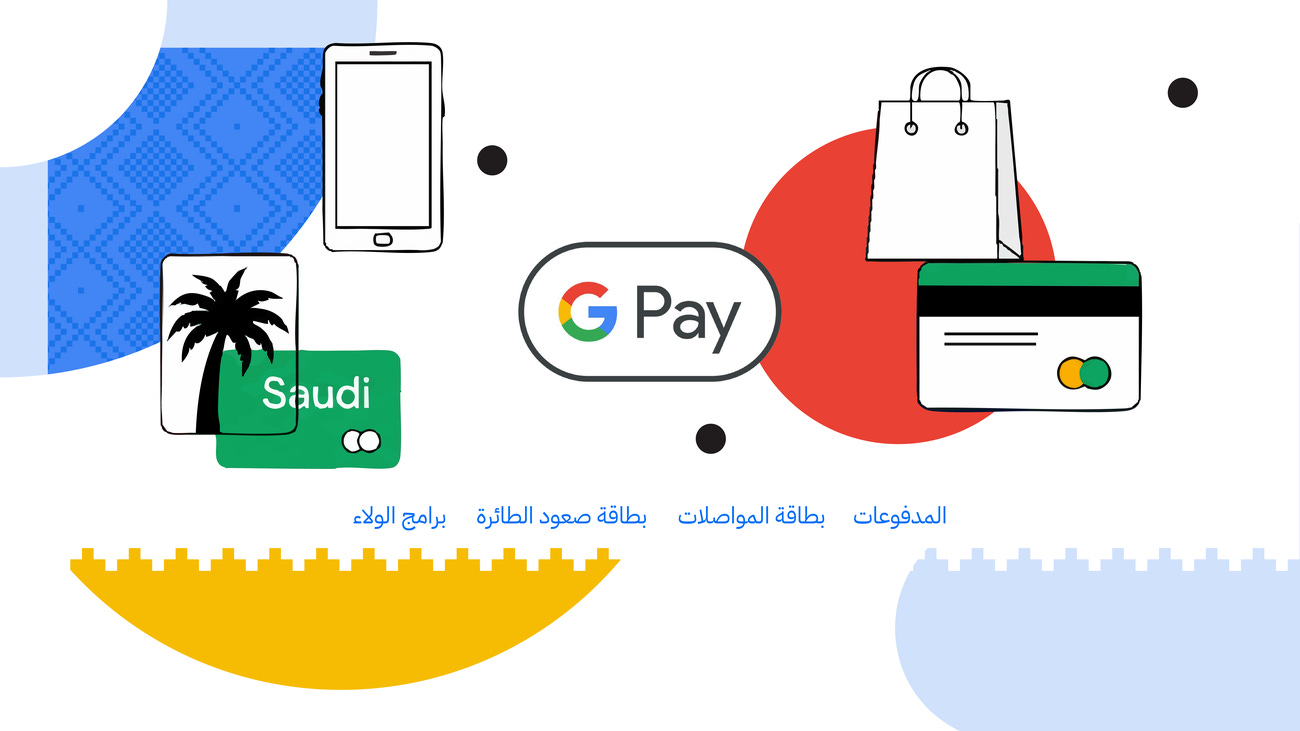Saudi’s Digital Wallet Strategy: Between Dollar Dominance & Multipolar Hedging
Riyadh's priority is avoiding overdependence on any single financial power.
Following the Arab-Islamic Summit in Doha, Saudi Arabia announced the launch of Google Pay in the Kingdom. Followed by the scheduled integration of Alipay+ in 2026, the move signals a deliberate recalibration of financial architecture, accelerated by Israel’s strike on Qatar. At first glance, the rollout appears as a technical matter of consumer convenience, aligning with the Saudi Central Bank’s efforts to expand electronic payments through the national Mada network. Yet when situated within the trajectory of dedollarisation debates and global payment infrastructure politics, the initiative reveals deeper strategic positioning by Riyadh: embracing US-linked fintech first, while simultaneously preparing for a future in which China’s digital financial ecosystems are unavoidable.
America First, Eyeing China
Saudi Arabia’s adoption of Google Pay consolidates its position as one of the world’s fastest movers toward cashless transactions. Electronic payments have risen from just 18% of total transactions in 2016 to nearly 80% by the end of 2024, reflecting both Vision 2030’s financial inclusion goals and the broader push to digitise the economy. Partnering first with Google, a quintessentially American platform, underscores the persistence of U.S. financial hegemony. The dollar remains the backbone of Saudi trade invoicing, hydrocarbon revenues, and foreign reserve holdings, and U.S.-anchored technology platforms continue to dominate global payments. The sequencing of Google Pay before Alipay+ reflects a recognition that, despite rising multipolar rhetoric, Riyadh cannot yet disentangle itself from U.S.-centric financial circuits without risking destabilisation.
Yet the Alipay+ agreement, scheduled for activation in 2026, introduces a calculated hedge. Chinese payment systems have in recent years internationalised through partnerships across Asia, Africa, and the Gulf. By enabling visitors to Saudi Arabia to use wallets connected to Alipay+, Riyadh is preparing for the steady increase in Chinese tourism and investment linked to the Belt and Road Initiative. More importantly, Alipay+ represents a potential long-term alternative architecture for cross-border settlement. One that, while still formally compliant with Western financial sanctions regimes, is structurally less dependent on dollar clearing and U.S. intermediaries.
Preparing for a Multipolar Financial Future
This dual-track approach reflects Saudi Arabia’s ambivalent position in the evolving financial order. On the one hand, the Kingdom remains embedded in dollar circuits through its petrodollar recycling arrangements, its sovereign wealth fund’s U.S. asset exposure, and its continued security dependence on Washington. On the other hand, there is evident mistrust of the United States’ weaponisation of financial networks. The freezing of Russian reserves in 2022 and the escalation of sanctions enforcement have demonstrated the vulnerability of states overly dependent on dollar-based systems. For Riyadh, enabling Alipay+ without displacing Google Pay provides a hedge: diversification without confrontation, optionality without abandonment.
Nonetheless, the Kingdom is integrating into global payment infrastructures that remain controlled by foreign technological platforms, whether American or Chinese. However, unlike smaller economies, Riyadh’s market size and geopolitical leverage allow it to balance suppliers and extract concessions. By sequencing the rollout, Saudi policymakers preserve credibility with Washington while signalling openness to Beijing.
In the medium term, this dual integration of American and Chinese digital wallets is less about dethroning the dollar than about creating redundancies in payment channels. For Saudi Arabia, the priority is to avoid overdependence on any single financial power, while securing the infrastructure to support its ambitions as a global logistics, tourism, and investment hub. In this sense, Google Pay and Alipay+ are not merely consumer apps but instruments in the Kingdom’s balancing act between its US security guarantor and its Chinese economic partner.




